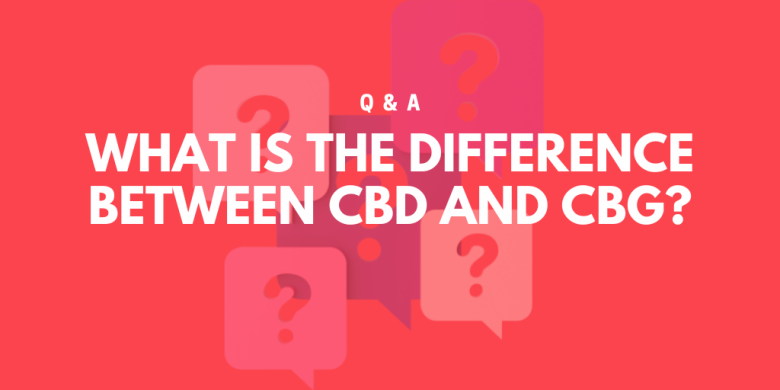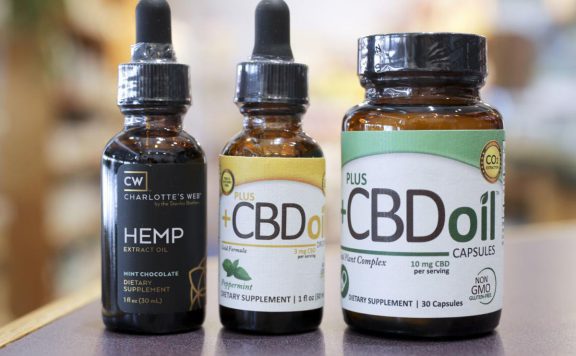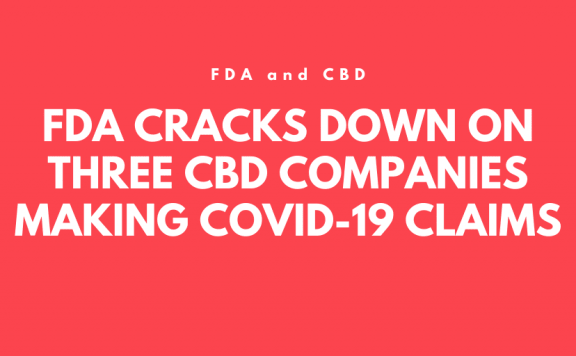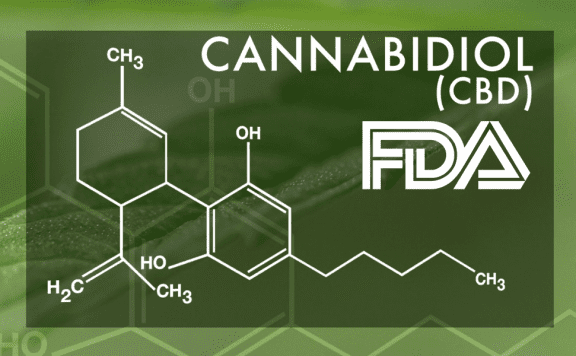In this article, we will delve into the topic of Differences between CBD and CBG – two popular cannabinoids found in the cannabis plant. Although they share some similarities, it is essential to understand their distinct characteristics. We will explore the key differences between CBD and CBG, their potential health benefits, and how to use them effectively.
What is CBD?
CBD, or cannabidiol, is a non-intoxicating cannabinoid found in the cannabis plant. It is typically extracted from hemp plants, which contain high levels of CBD and low levels of THC. CBD is believed to have numerous potential health benefits, including reducing anxiety and inflammation, improving sleep, and relieving pain.
CBD is available in a variety of forms, including oils, capsules, topicals, and edibles. The best way to use CBD will depend on the individual and the specific product being used. For example, CBD oils are a popular choice because they are easy to use and can be taken orally or applied topically. CBD capsules are another popular option, as they are convenient and easy to dose. CBD topicals, such as creams and balms, can be applied directly to the skin for localized relief. And CBD edibles, such as gummies and chocolates, offer a tasty and discreet way to consume CBD.
What is CBG?
CBG, or cannabigerol, is another non-intoxicating cannabinoid found in the cannabis plant. CBG is often referred to as the “stem cell” of cannabinoids because it is the precursor to THC, CBD, and other cannabinoids. While CBG is not as well-studied as CBD, it is believed to have potential health benefits, including reducing inflammation, improving mood, and relieving pain.
Like CBD, CBG is available in a variety of forms, including oils and capsules. CBG oils are typically used in a similar way to CBD oils, while CBG capsules offer a convenient and easy way to dose CBG.
What are the differences between CBD and CBG?
Chemical Structure:
CBD has a relatively simple chemical structure, while CBG has a more complex structure. This difference in structure affects how the cannabinoids interact with the body. CBD is believed to interact primarily with the endocannabinoid system, while CBG interacts with both the endocannabinoid system and other receptors in the body.
Receptor Interaction:
CBD interacts primarily with the endocannabinoid system, while CBG interacts with both the endocannabinoid system and other receptors in the body. This difference in receptor interaction may contribute to the differences in their potential health benefits.
Health Benefits:
CBD is more well-studied and has been shown to be effective in treating a variety of conditions, including anxiety, depression, and chronic pain. CBG, on the other hand, is less well-studied and there is less research on its potential health benefits. However, some studies suggest that CBG may be effective in reducing inflammation and pain, as well as improving mood.
How do I use CBD and CBG?
CBD and CBG can be used in a variety of ways, including as oils, capsules, topicals, and edibles. The best way to use CBD and CBG will depend on the individual and the specific product being used. It is always recommended to follow the instructions on the product label and to talk to a healthcare professional before using CBD or CBG.
It is important to note that CBD and CBG products are not regulated by the FDA, which means that there is no guarantee that the product you are using contains the amount of CBD or CBG that is advertised on the label. It is always recommended to purchase CBD and CBG products from reputable sources and to do your research before making a purchase.
Potential Health Benefits of CBD and CBG:
Anxiety and Depression:
Anxiety and depression are two of the most common mental health disorders, affecting millions of people worldwide. CBD has been shown to have potential as a treatment for both anxiety and depression. One study found that CBD was effective in reducing anxiety in people with social anxiety disorder, while another study found that CBD had antidepressant-like effects in animal models.
Inflammation and Pain:
CBD and CBG both have potential as anti-inflammatory and pain-relieving agents. In one study, CBD was effective in reducing pain and inflammation in animal models of arthritis. CBG has also been shown to have potential as an anti-inflammatory agent, with one study finding that CBG reduced inflammation in animal models of inflammatory bowel disease.
Neuroprotection:
CBD has also been shown to have potential as a neuroprotective agent. One study found that CBD was effective in reducing neuroinflammation and oxidative stress in animal models of Alzheimer’s disease. Another study found that CBD had neuroprotective effects in animal models of Parkinson’s disease.
Side Effects of CBD and CBG:
While CBD and CBG are generally considered safe, they can cause side effects in some people. Common side effects of CBD include fatigue, dry mouth, and changes in appetite and weight. CBG may also cause side effects, although there is less research on its potential side effects.
It is also important to note that CBD and CBG may interact with certain medications. It is always recommended to talk to a healthcare professional before using CBD or CBG, especially if you are taking any medications.
Conclusion:
To sum up the Differences between CBD and CBG, it is essential to understand that while these two popular cannabinoids share some similarities, they also have significant differences. CBD has been extensively studied and has shown impressive efficacy in treating various conditions such as anxiety, depression, and chronic pain. CBG, on the other hand, is less well-studied, but there is some promising evidence to suggest that it may act as an anti-inflammatory and pain-relieving agent.
Both CBD and CBG are available in various forms, including oils, capsules, topicals, and edibles. The best way to use CBD and CBG will depend on the individual and the specific product being used. It is always recommended to follow the instructions on the product label and to talk to a healthcare professional before using CBD or CBG to ensure proper usage and dosing.
Understanding the Differences between CBD and CBG is critical for anyone seeking to explore the potential therapeutic benefits of cannabinoids. With more research and understanding, both CBD and CBG hold great potential for improving human health and well-being.






